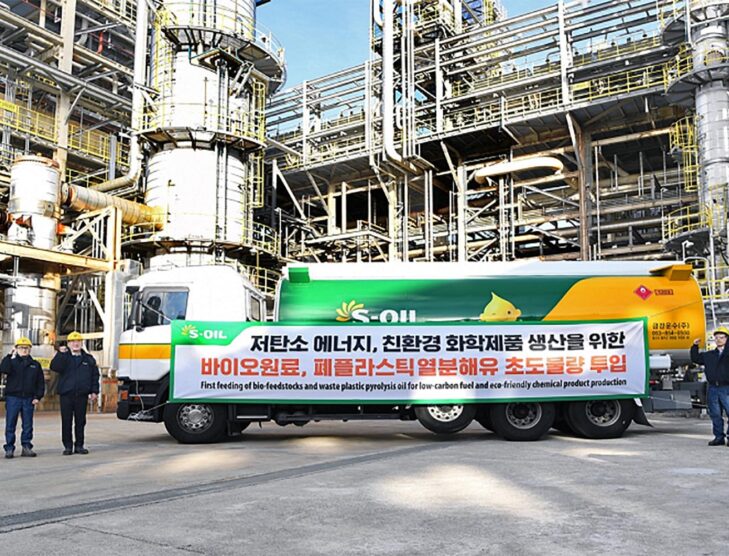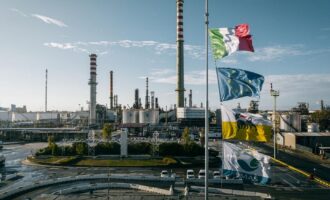
S-OIL advances production of low-carbon biofuels and chemicals
S-OIL has begun co-processing bio-based feeds like used cooking oil and palm byproducts at its Onsan refinery in Ulsan, South Korea, to produce sustainable aviation fuel (SAF) and other low carbon biofuels.
Located on the southeast coast of South Korea, the Onsan complex sits on nearly 3 million square meters of land and has a crude oil processing capacity of 669,000 barrels per day as of 2022.
The initiative makes S-OIL the first Korean refiner to introduce biogenic crude alternatives into existing units under a government regulatory sandbox program. Following approvals in 2022, the company has installed injection systems to deliver waste vegetable oils, pyrolysis oil, and other renewable sources.
Blending the biomass feeds with traditional crude oil allows S-OIL to yield bio-jet fuel, biodiesel, naphtha, and polymers with significantly lower lifecycle emissions. The company will quantify the carbon reductions achieved and scale volumes over the next two years.
The move aligns with S-OIL’s expanding efforts on hydrogen and biofuel partnerships to support national decarbonization goals and establish circular waste-to-fuel supply chains.
CEO Anwar A. Al-Hejazi said: “We will seek sustainability certification for our bio-based products to validate their positive climate impact and contribution to Korea’s energy transition.”









